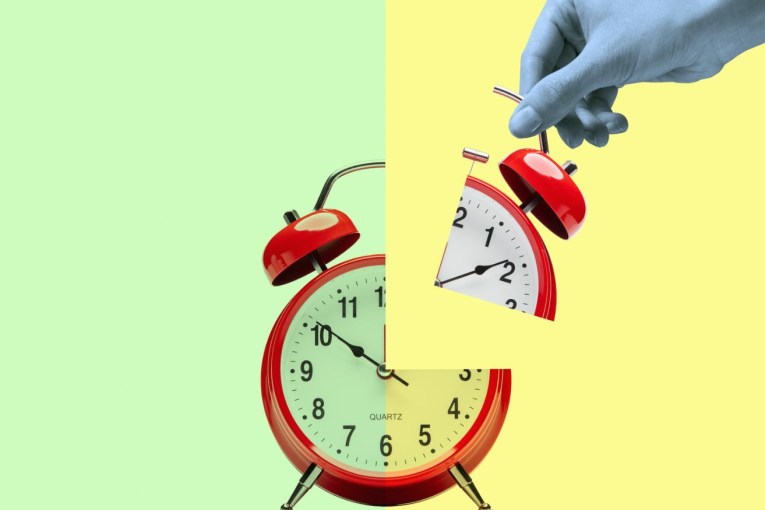These days as the cost of living hits hard, previously common expenses – including healthy eating – are being seen as luxuries.
Half of Australians claim they are struggling financially and not making enough each month to make ends meet, a 9 per cent increase from 2022, according to research by global marketing and advertising agency Dentsu.
As well as healthy eating, Australians are reconsidering streaming subscriptions, dining out and insurance among expenses being scrapped as people cut costs.
David Halter, chief strategy officer at Dentsu Creative ANZ, said the proportion of people who feel that they have money left over after meeting commitments is at its lowest point since 2015.
“No single category will go unaffected as Australians tighten their belts, cut back on expenses, and seek out cheaper alternative brands to make their household staples,” he said.
“The key takeaway from our second wave of research is the Baby Boomer generation are less affected than younger generations who are really feeling the pinch of cost of living, with the 55-plus category a real opportunity for many brands to find growth.”
Health takes a hit
Expenses that might have been seen as necessities even a year ago are being seen as dispensable because wages have largely failed to keep pace with rapid inflation.
Australian Bureau of Statistics (ABS) data shows the cost of food and non-alcoholic beverages rose 7.9 per cent over the 12 months to May, while the national Wage Price Index rose 3.6 per cent over the same period.
Families are struggling to fill their shopping carts with healthy options: Dentsu’s research shows 71 per cent of Australians living with children say their ability to buy healthy food on a regular basis has been negatively affected by rising food costs.
ABS data shows the price of dairy and related products soared 15.1 per cent since 2022, the biggest price increase, followed by non-alcoholic beverages, and bread and cereal products.
The cost of meat and seafood rose a comparatively low 3.8 per cent, but shoppers have changed the type of meat they buy to accommodate the price increases.
Vittoria Bon, Coles Group government and business relations manager, told a parliamentary hearing certain meats have become a luxury item, and customers are focusing on weekly specials.
‘So, for example, instead of perhaps buying steak, people will buy mince, which we’ve got dropped and locked at $12 for a kilo,” she said.
But there might be some relief on the way.
Woolworths chief commercial officer Paul Harker said the supermarket giant is starting to see the cost of some meat products – including beef and lamb – come down as wholesale price pressures from factors like crude oil and grain moderate.

Rising costs of healthy food might be too much pressure for the family budget to handle. Photo: AAP
More than 12 per cent of Australians have also recently cancelled a home, car or private health insurance policy.
Even with these cutbacks, it seems some consumers’ bank accounts still aren’t enough to fund their lifestyles – at least not immediately.
More Australians are claiming to use buy now, pay later (BNPL) on a regular basis – 40 per cent, up 8 per cent on last year.
But financial experts warn users of BNPL services could be putting themselves at risk of loan distress by digging themselves into a financial hole that will make it difficult to get out of debt.
Discretionary spending cuts
With basic expenditures taking such a hit, it’s not surprising many Australians are less eager to splash their hard-earned cash on more frivolous ventures.
Almost a quarter of Australians aged over 18 say they are retail shopping less than once a month, up 3 per cent compared to July last year.
More than 60 per cent of Australians surveyed have delayed their technology purchases due to increased costs over the past six months.
Increased travel costs are also killing the post-COVID travel bug, with 62 per cent of Australians now reluctant to travel internationally and 57 per cent reluctant to travel domestically for a holiday.

Even domestic tourism could be affected by rising cost-of-living pressures. Photo: Getty
Those who stay at home are still cutting back on entertainment expenses.
Half of Australians surveyed believe having more than one video subscription service, such as Netflix, Stan or Disney+, is a luxury rather than a necessity, while 33 per cent think having just one subscription is a luxury.
Nearly half of Australians believe eating out on a regular basis is a luxury, and fancy cocktails are also out, as 40 per cent of Australians report buying cheaper alcohol due to increased costs.









